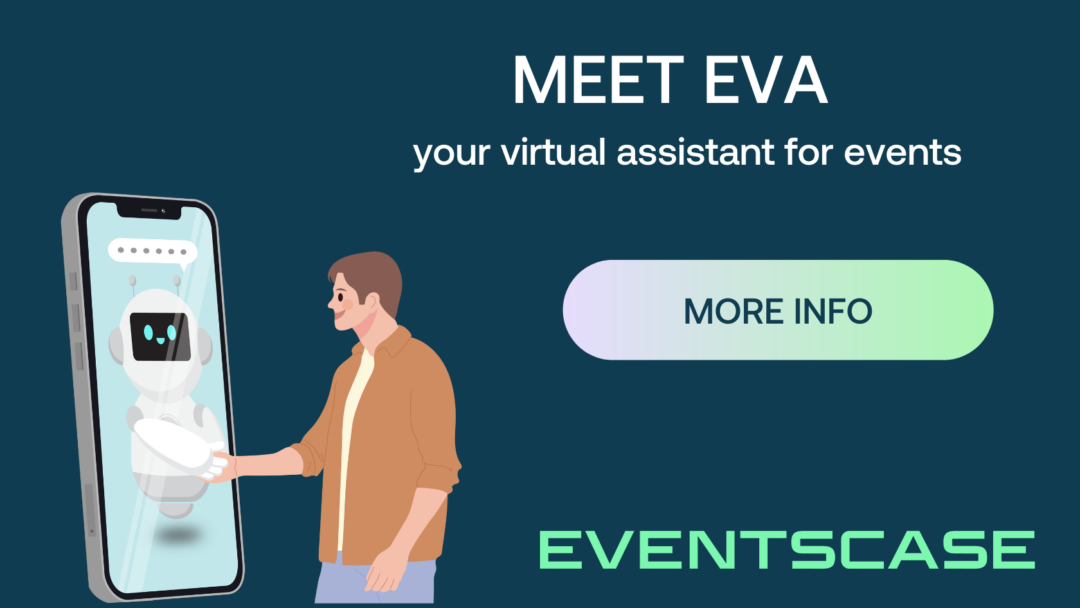Organising briefings is an essential skill for any event organiser looking to ensure the success of their projects. Effective business briefings are the cornerstone of smooth communication, team coordination, and flawless event execution. In this article, we will delve into how to organise briefings effectively, exploring everything from their importance to best practices.
Why are Briefings Important?
Briefings are more than just meetings; they are opportunities to align the team, set clear objectives, and address potential challenges. Organising effective briefings is crucial to keep all team members on the same page and ensure that the event runs smoothly.
Benefits of Effective Work Meetings
Improving Communication
Briefings facilitate the exchange of ideas, allowing each team member to contribute their perspective. This is vital for identifying opportunities and preventing misunderstandings. According to a Forbes study, effective communication can increase team productivity by 25%.
Clarification of Objectives
By organising briefings, the objectives of the event can be established and reinforced. This ensures that everyone understands their role and how they contribute to the overall success.
Troubleshooting
Effective business meetings help identify challenges before they become major problems. A Harvard Business Review article highlights that addressing obstacles early can save significant time and resources.
Team Building
These meetings strengthen relationships between team members, promoting collaboration and mutual support.

Steps to Organising Briefings
Organising briefings requires more than simply convening the team; it involves strategic planning and careful execution. Here are the key steps to achieve this:
Define the Purpose of the Meeting
Before sending out invitations, it is essential to clearly define the purpose of the meeting: is it to share updates, plan future actions, or solve specific problems?
Set Clear Objectives
Specify Targets
When organising briefings, detail what you hope to achieve. For example, “Assign responsibilities for event X” or “Resolve logistical challenges”.
Align with Event
Ensure that the objectives of the meeting are directly related to the overall goals of the event.
Communicating the Purpose
Include the purpose in the invitation so that participants arrive prepared.
Prepare a Detailed Agenda
An agenda is the backbone of any effective briefing. It provides structure and keeps the focus on the important issues.
Include Relevant Issues
Prioritise Key Issues
Identify the most critical issues to be addressed when organising briefings.
Assign Times
Set a specific time for each agenda item to keep the meeting on track.
Frontloading
Send the agenda to participants before the meeting so that they can prepare.
Selecting the Right Participants
The effectiveness of business briefings depends to a large extent on having the right people in the room.
Identify Key Members
Include those whose input is essential to the issues under discussion.
Avoid Overbooking
Invite only those who need to be present to avoid unnecessarily large meetings and maintain productivity.
Encourage Diversity of Opinion
Ensure that there is adequate representation from different departments or areas of expertise.
Choosing the Right Time and Place
The context in which the meeting takes place can significantly influence its success.
Selecting a Distraction-Free Space
A quiet environment facilitates concentration and the exchange of ideas.
Schedule at a Convenient Time
Avoid conflicting schedules or times of high workload for participants.
Consider Logistics
If some members are in different locations, plan to include remote participation options.
Best Practices for Successful Briefings
Beyond basic planning, there are practices that can raise the quality of your briefings.

Encourage Active Participation
An effective meeting is one in which all participants are actively involved.
Ask Open Questions
This encourages participants to share their thoughts and experiences by organising briefings.
Assign Roles
Appoint facilitators, note takers or discussion leaders to engage team members.
Creating a Safe Environment
Foster a culture where ideas and opinions are valued and respected.
Use Technological Tools
Technology can significantly improve the efficiency and effectiveness of business briefings.
Videoconferencing Platforms
Use Zoom, Microsoft Teams or Google Meet to include remote participants when organising briefings.
Collaboration Tools
Tools like Trello, Asana or Slack can help with task tracking and ongoing communication.
Project Management Software
Implement solutions such as Basecamp or Monday.com to keep everyone informed about the progress of the event.
Event Management Software
Consider using event management software like Eventscase, so your entire team can access changes and modifications in real-time.

Post-Meeting Follow-up
The work does not end when the meeting concludes. Proper follow-up is crucial.
Distribute Minutes
Send a summary of the points discussed and decisions taken when organising briefings.
Assign Tasks and Deadlines
Clarify who is responsible for what and set deadlines.
Request Feedback
Ask participants how future working briefings could be improved.

Conclusion
Organising effective briefings is a core competency for any event organiser. By following careful planning, encouraging active participation, and using technological tools, you can transform your business briefings into engines of productivity and success. Remember that the ultimate goal is to align the team, clarify objectives, and ensure that each member is equipped to contribute to the success of the event. Implement these strategies the next time you’re hosting briefings and watch the results improve.
If you would like to subscribe to our newsletter to get live updates on everything related to our platform – news, blogs, events, announcements and much more, please, register here.






